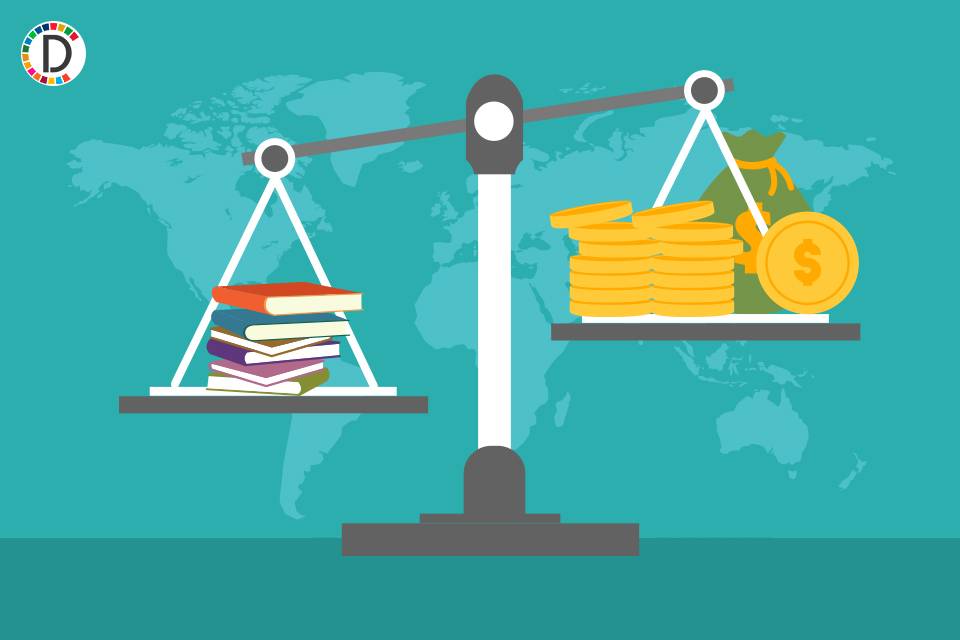Blinken says he will work on Israel-Saudi-Arabia normalization
Neither addressed whether U.S. support for Saudi Arabia's civilian nuclear program could be given in exchange for normalization with Israel, a deal that has been floated by Riyadh. Blinken, who was in the kingdom as part of a U.S. push to defuse rows that have touched on oil prices, human rights and Riyadh's opening to Iran, said normalizing relations between Israel and its neighbors to make way for a more integrated Middle East was a priority for the United States.

Washington will press ahead with efforts to normalize diplomatic ties between its main Middle East allies Saudi Arabia and Israel, Secretary of State Antony Blinken said on Thursday. But he declined to say whether the United States would back Riyadh's nuclear ambitions.
At a joint news conference, Blinken's Saudi counterpart, Prince Faisal bin Farhan, said he hoped an agreement could be reached for the United States to aid his country's bid to generate nuclear power. Neither addressed whether U.S. support for Saudi Arabia's civilian nuclear program could be given in exchange for normalization with Israel, a deal that has been floated by Riyadh.
Blinken, who was in the kingdom as part of a U.S. push to defuse rows that have touched on oil prices, human rights and Riyadh's opening to Iran, said normalizing relations between Israel and its neighbors to make way for a more integrated Middle East was a priority for the United States. "We discussed it here, and we will continue to work at it, to advance it, in the days, weeks and months ahead," he said as he concluded his three-day visit.
Saudi Arabia, a Middle East powerhouse and home to Islam's two holiest shrines, has resisted heavy U.S. pressure to end generations-old non-recognition of Israel as have Gulf Arab neighbors the United Arab Emirates and Bahrain. Speaking alongside Blinken, Prince Faisal agreed that normalization would bring benefits, but said those would be limited if there was not a pathway toward a two-state solution between Israelis and Palestinians.
A source familiar with the matter said Riyadh wants U.S. support for its civilian nuclear program in exchange for normalization with Israel. The Wall Street Journal reported in March that the nuclear help, as well as security guarantees, were among the concessions sought by Riyadh. Prince Faisal said Saudi Arabia would prefer to have the U.S. as a bidder for the program, although he did not say if the nuclear ambitions were a precondition for normalization.
Talks on civilian nuclear cooperation have stalled with Riyadh refusing to agree to limits on nuclear enrichment and reprocessing designed to prevent it from developing nuclear weapons. "We have differences of opinion but we are working on finding mechanisms for us to be able to work together," Prince Faisal said, adding that there were other bidders and the kingdom intended to move forward with the program.
NO 'GIFT' Blinken was the second top U.S. official to visit Saudi Arabia in less than a month, following a May 7 trip by White House national security adviser Jake Sullivan.
However, Blinken's meetings with Crown Prince Mohammed Bin Salman, the kingdom's de facto ruler, and Gulf Cooperation Council foreign ministers were relegated to the inside pages of Al-Watan and Okaz, the two major newspapers in Saudi Arabia. Blinken and the crown prince, widely known as MbS, had "open, candid" talks for an hour and 40 minutes, a U.S. official said, covering topics including the conflict in neighboring Yemen, the war in Sudan, Israel, and human rights.
Aziz Alghashian, a Saudi analyst specializing in Gulf-Israel ties, said Riyadh would not budge on normalization for reasons including Israel's hardline nationalist-religious government and displeasure with U.S. President Joe Biden's administration. "This is not the American administration that Saudis would want to gift a Saudi-Israeli normalization to," Alghashian said.
"It's going to be a massive achievement, it's going to be under an American umbrella, and they don't want the Biden administration to take any credit for that," he said. Riyadh has also leveraged its growing relationships with Russia and China as the Biden administration has pushed back against some Saudi demands including lifting restrictions on arms sales and help with sensitive high-tech industries.
U.S.-Saudi relations have deteriorated since the 2018 murder of dissident journalist Jamal Khashoggi, a U.S. resident, inside the Saudi consulate in Istanbul. They worsened after the Biden administration took office in early 2021 and released a U.S. intelligence assessment that MbS approved Khashoggi's killing, which the crown prince denied.
Other rows have simmered over the Saudi intervention in Yemen's devastating conflict, China ties and oil prices.
(This story has not been edited by Devdiscourse staff and is auto-generated from a syndicated feed.)










